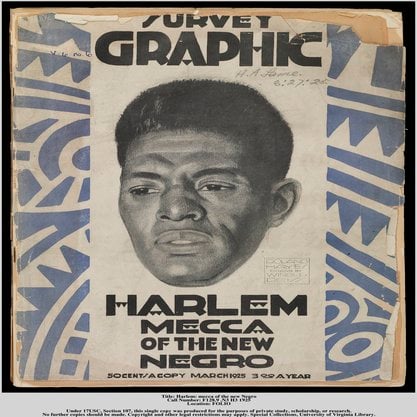Article
The Cantos By Templeton, Erin
Article
The Cantos is a series of 120 long poems by the American poet, essayist, and cultural critic Ezra Pound. Pound began work on them as early as 1904, publishing the first three in Poetry magazine in 1917. The poems were originally published in eleven separate book-length installments, with each individual canto numbered sequentially in Roman numerals. They are highly allusive, polyphonic, and notoriously difficult.
Pound had been interested in epic poetry from his collegiate days, and his ideas about its form were influenced by many of his poetic predecessors: Homer, Vergil, Dante, Spenser, and Milton. But in addition to western poetic traditions, Pound studied classical Chinese and Japanese art and philosophy. These interests led him to translate works by Confucius and Li Po, but they also led to his theory of phanopoeia, the importance of the visual elements of a poem. He was particularly interested in ideograms and the way that such characters combined multiple layers of representation, both semantic and visual. Over time, Pound’s poetic project became an ambitious attempt at a complex and dynamic structure of meaning that was an aesthetic object in itself and a representation of the process of interpretation, which engages Odysseus, Elizabeth I, Thomas Jefferson, and a large cast of other characters.

